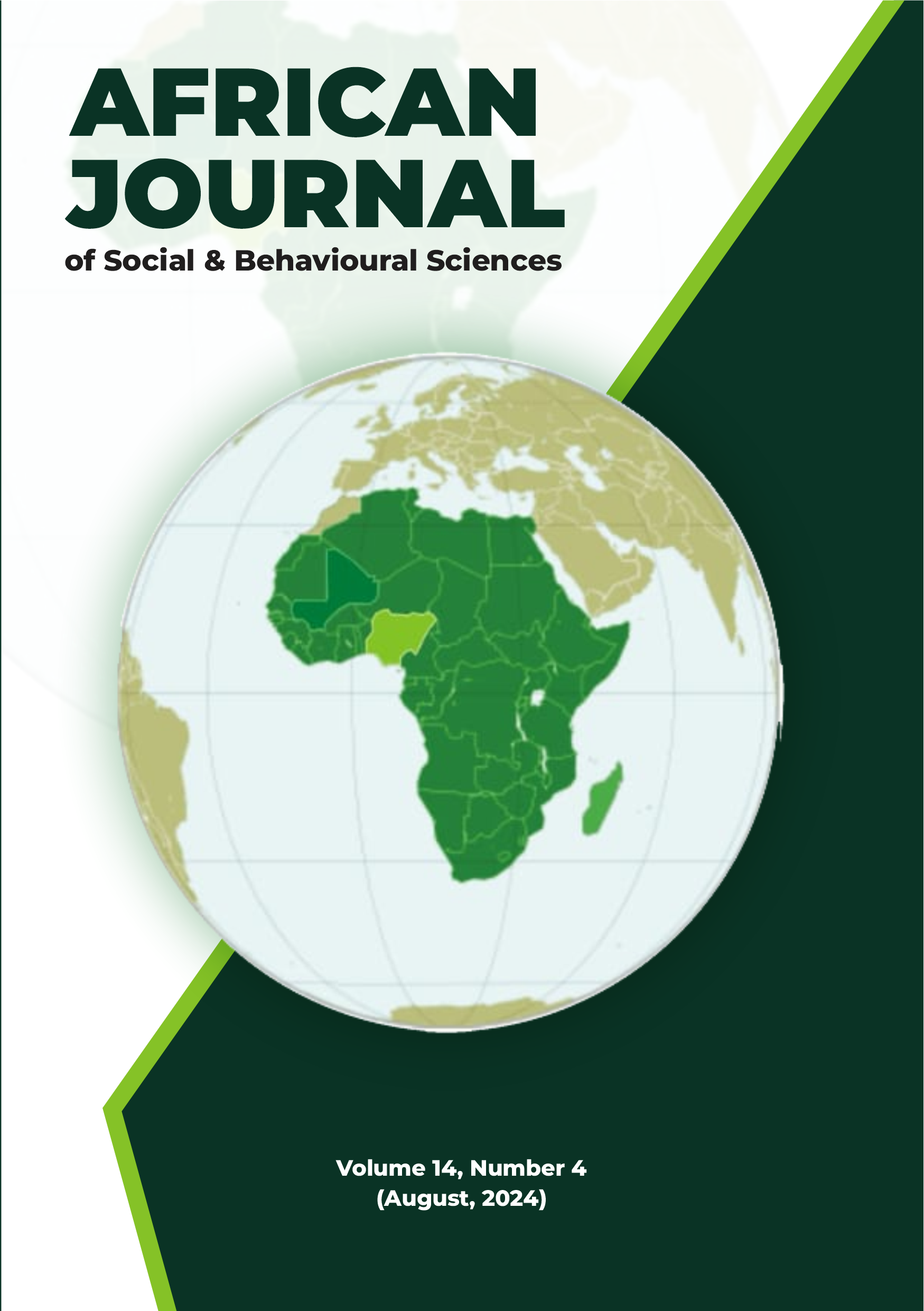SOCIOLOGICAL EXAMINATION OF JUVENILE DELINQUENCY AMONG SECONDARY SCHOOL STUDENTS IN KEFFI TOWN, KEFFI LOCAL GOVERNMENT AREA OF NASARAWA STATE, NIGERIA
Keywords:
Juvenile Delinquency, Examination Malpractice, Parental Upbringing, Neighbourhood InsecurityAbstract
This study examined the causes, types and consequences of juvenile delinquency among some selected secondary school students in Keffi Town, Keffi Local Government area of Nasarawa State. The sub-culture theory and differential association theory were adopted as working theories to explain juvenile delinquency among secondary school students in Keffi Town. Participants included 306 respondents drawn from a population of 1,497 using the Krejcie and Morgan (1970) sample size determination table from some selected secondary schools in Keffi Town. The study employed mixed methods research involving a self-developed questionnaire and In-depth interviews (IDIs). Findings indicated that examination malpractice was widespread in Keffi Town, with 95% of students involved in this practice. Results further showed that the major factor identified in examination malpractice was inadequate parental upbringing, with 47.7% of respondents strongly agreeing with this. Additionally, 71.1% of the respondents agreed that juvenile delinquency contributes to neighbourhood insecurity. These findings demonstrated the seriousness of the threat of juvenile delinquency to public safety, therefore, comprehensive and immediate actions are required. Accordingly, the study recommended that there should be more parental involvement, active government and non-governmental organisation participation in policy formation, and community, family, and school involvement in juvenile moral and social education.


